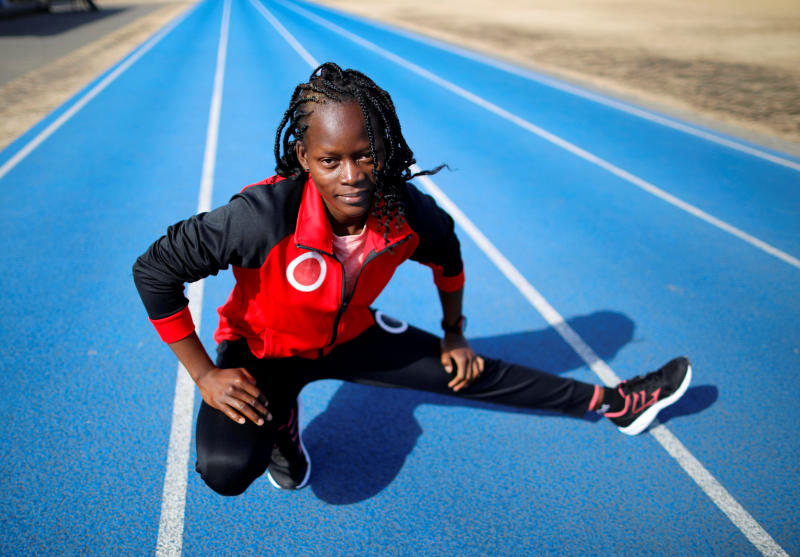×
The Standard e-Paper
Stay Informed, Even Offline

The Tokyo 2020 Summer Olympic and Paralympic Games will finally be held from July 23, after being postponed for a year thanks to Covid-19 pandemic that is still raging across the world.
One can only imagine the hurdles surmounted by the international Olympics committee (IOC) and the Japanese government - ranging from opposition from member countries and federations to a local population that have consistently voted for a cancellation of the games in several opinion polls – to finally host this event.